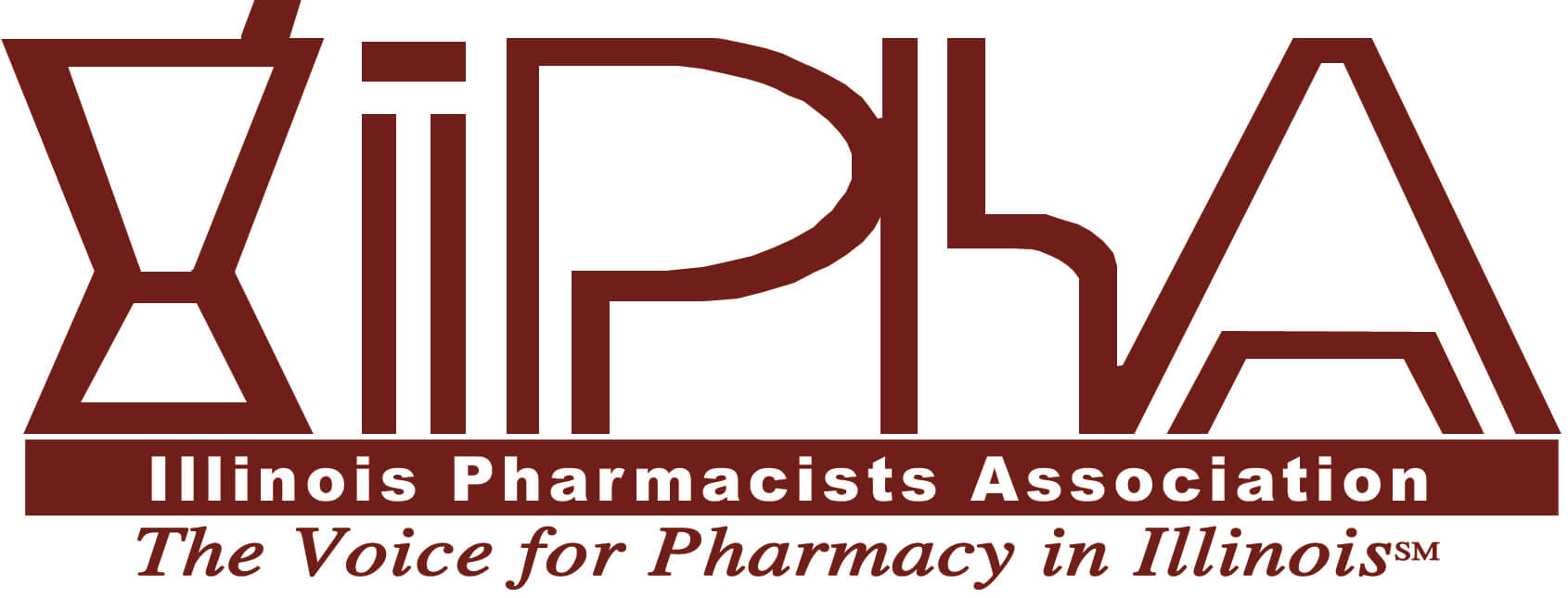Fragile Science: Crucial Conversations for Pharmacists
Fragile Science: Crucial Conversations for Pharmacists
Authors: Dakota Tucker, PharmD Candidate; Janice Frueh, PharmD, BCPS
High quality research studies are the primary informer of pharmacists’ patient care decisions.
There are estimated to be over 1,000,000 new scientific articles published in biomedical
literature per year.1 What are some factors that can dampen the impact of this voluminous
amount of research? Certainly, there will be healthy disagreement among experts. There are now
paper mills that will publish anything as legitimate research in certain predatory journals.2
Additionally, there is evidence to suggest clinical drug trials are being conducted whose
foundation is based on falsified research. This article reviews a recent investigation into falsified
data in a clinical trial and aims to equip pharmacists with resources to discuss the implications of
flawed scientific research with their patients.
Simufilam: A Modern Case Study of Shaky Science as the Foundation of a Clinical Trial
Simufilam, discovered in 2008, was originally being investigated for its effects on filamin A, a
structural protein. This research was ultimately retracted due to irregularities within the work. A
subsequent paper investigating simufilam shared this same outcome of being retracted. Some
years later, it was reported that aberrant conformations of filamin A were involved in the
pathology of Alzheimer’s disease. All these works were done by the same group at the City
University of New York (CUNY), led by Dr. Hoau-Yan Wang.3
Cassava Sciences is engaged in drug research intended for use in patients living with
Alzheimer’s. A drug candidate known as PTI-125, is Cassava Sciences’ name for simufilam.
Controversy has enveloped Cassava Sciences. It was claimed that interim data analysis of a
phase 2 clinical trial involving simufilam use in Alzheimer’s Disease found there was no effect.
Afterwards, Cassava Sciences brought in an external academic lab to re-analyze the data.
Reanalysis revealed that simufilam was effective, and the drug moved on to phase 3 clinical
trials. The external academic lab turned out to be Dr. Wang’s lab.4
CUNY has been investigating Dr. Wang’s lab and practices. In October 2023, CUNY issued a
statement that due to concerns of confidentiality and integrity of the investigation brought on by
a leak of information, the investigation would be stayed.5 In June 2024, Dr. Wang was indicted
by the Department of Justice (DoJ) on 4 counts related to defrauding the National Institutes of
Health of $16 million related to grants used in funding research that at least in part went into
phase 1 and phase 2 clinical trials.6 Cassava Sciences has released a statement that comments on
the ongoing issues related to Dr. Wang. The statement mentions the charges involve early phases
of their candidate drug, but also say that Dr. Wang’s research has had nothing to do with the
ongoing phase 3 clinical trial.7 In September 2024, The Securities and Exchange Commission
(SEC) announced that two former executives of Cassava Sciences’ board and Dr. Wang are to
pay civil penalty fines related to Dr. Wang’s re-evaluation of the phase 2 clinical trial data. The
SEC claims Dr. Wang was unblinded and was able to manipulate data.8 As of November 2024,
phase 3 clinical trial results found simufilam to be no more effective than placebo and Cassava
Sciences has discontinued ongoing clinical trials of this drug.9 Table 1 provides
a timeline of significant dates and events involved with simulfilam’s shaky science.

Rebuilding Trust Through Pharmacist-Patient Communication and Relationships
Public mistrust in science and research can significantly hinder healthcare progress leading to
poorer health outcomes and reduced quality of life. Effective communication is a crucial part of a
pharmacists skillset, aimed at fostering trust and maintaining continuous, positive relationships
with patients. Table 2 provides evidence-based communication techniques and medical
misinformation resources. These communication techniques can be utilized in crucial
conversations on flawed scientific research with patients.

References:
1. Landhuis, E. Scientific literature: Information overload. Nature 535, 457–458 (2016).
https://doi.org/10.1038/nj7612-457a
2. Parker L, Boughton S, Bero L, Byrne JA. Paper mill challenges: past, present, and future. J
Clin Epidemiol. Published online October 9, 2024. doi:10.1016/j.jclinepi.2024.111549
3. Lowe, Derek. “The Saga of Cassava.” Science.org, American Association for the
Advancement of Science, 18 Oct. 2023, www.science.org/content/blog-post/saga-cassava.
4. Piller, Charles. “Co-Developer of Cassava’s Potential Alzheimer’s Drug Cited...”
Science.Org, American Association for the Advancement of Science, 12 Oct. 2023,
www.science.org/content/article/co-developer-cassava-s-potential-alzheimer-s-drug-cited-
egregious-misconduct.
5. The City of University New York. “Statement from the City University of New York.” The
City University of New York, 27 Oct. 2023, www.cuny.edu/news/statement-from-the-city-
university-of-new-york/.
6. United States Department of Justice, Office of Public Affairs. “Professor Charged for
Operating Multimillion-Dollar Grant Fraud Scheme.” 28 June 2024,
4
www.justice.gov/opa/pr/professor-charged-operating-multimillion-dollar-grant-fraud-
scheme.
7. “Cassava Sciences Issues Statement on Former Science Advisor.” Cassava Sciences, Inc., 28
June 2024, www.cassavasciences.com/news-releases/news-release-details/cassava-sciences-
issues-statement-former-science-advisor.
8. U.S Securities and Exchange Commission. “SEC Charges Cassava Sciences, Two Former
Executives for Misleading Claims about Alzheimer’s Clinical Trial.” 26 Sept. 2024,
www.sec.gov/newsroom/press-releases/2024-151.
9. Piller, Charles. “Controversial Alzheimer’s Drug from Cassava Sciences Fails Clinical
Testing” Science.org, American Association for the Advancement of Science, 25 Nov. 2024,
www.science.org/content/article/controversial-alzheimer-s-drug-cassava-sciences-fails-
clinical-testing.
10. Barnett M, Fromhart E. NEGOTIATION SKILLS. In: Zgarrick DP, Desselle SP,
Moczygemba LR, Alston G. eds. Pharmacy Management: Essentials for All Practice
Settings, 5e. McGraw-Hill Education; 2020
11. Jacobson, Robert M et al. “The C.A.S.E. approach: guidance for talking to vaccine-hesitant
parents.” Minnesota medicine vol. 96,4 (2013): 49-50.
12. Johnson ST, Goldwire MA, Abdalla M, et al. Teaching learners to identify and reduce the
spread of medical misinformation. J Am Coll Clin Pharm. 2024; 7(9): 926-940.
doi:10.1002/jac5.2014
